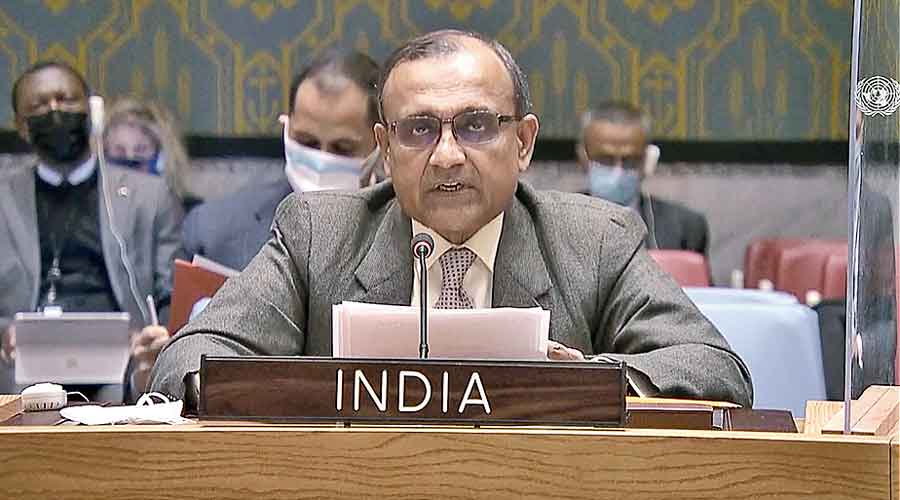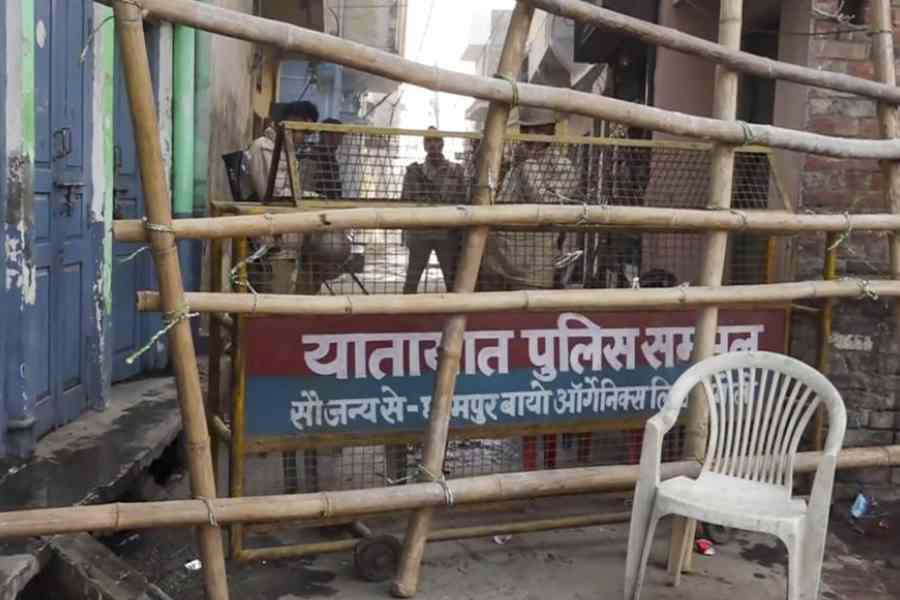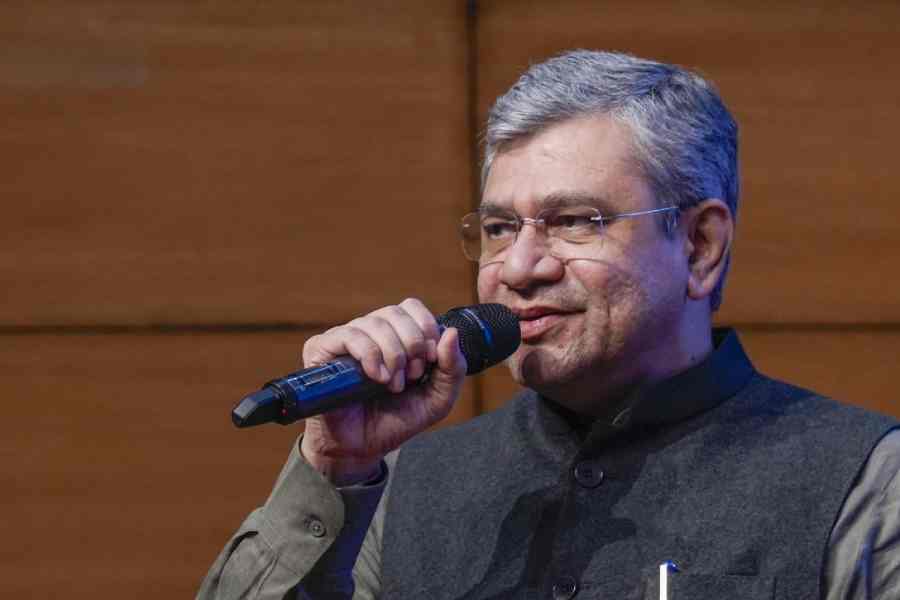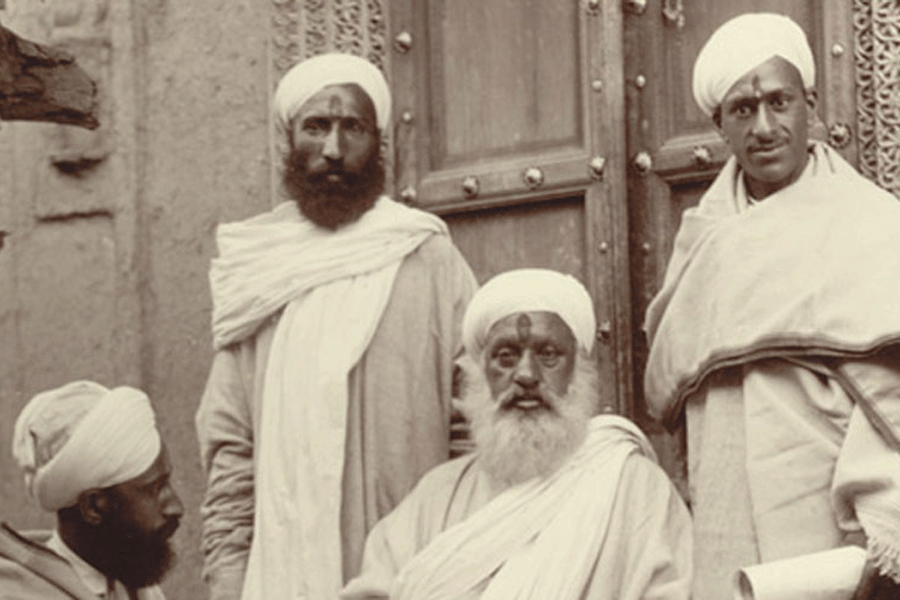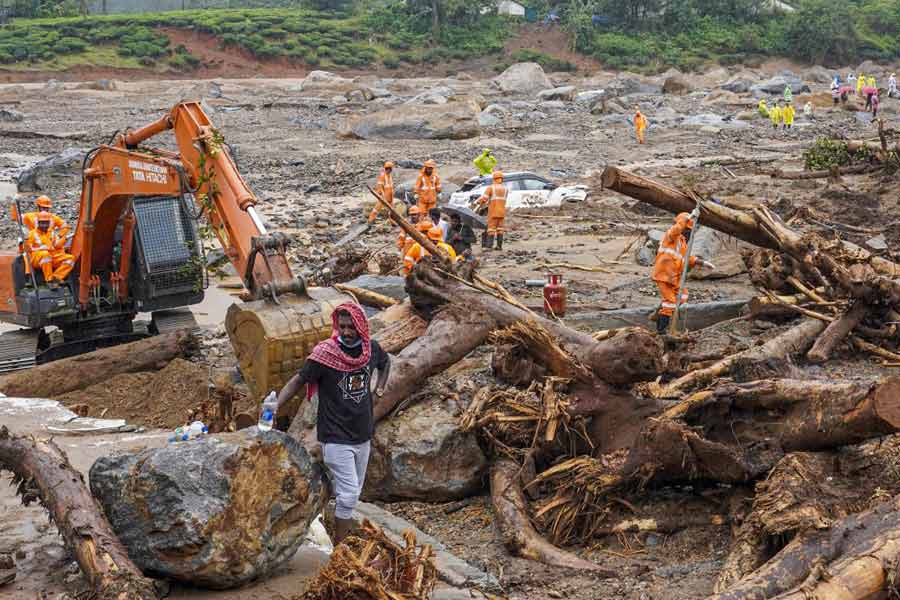India on Monday night refrained from criticising Russia for recognising the rebel areas of eastern Ukraine while calling for restraint on all sides to allow diplomatic efforts the necessary room to scale down tensions.
The stance is more in line with China than the US, which has announced a fresh set of sanctions on Moscow following President Vladimir Putin’s announcement.
India was in the minority group of countries at the hastily convened meeting of the United Nations Security Council which did not openly criticise Russia for deciding to recognise the breakaway areas of Ukraine. The others were Brazil and UAE besides China.
In his brief intervention, India’s permanent representative to the United Nations at New York, T.S. Tirumurti, said: “We cannot afford to have a military escalation.”
Essentially repeating India’s stance since this round of the Ukrainian crisis began, Tirumurti said: “These developments have the potential to undermine peace and security of the region. We call for restraint on all sides. The immediate priority is de-escalation of tensions taking into account the legitimate security interests of all countries and aimed towards securing long-term peace and security in the region and beyond.”
Repeatedly underscoring that the issue can be resolved only through diplomatic dialogue, he stressed the need to step up efforts to bridge differences and allow the various processes in play to find a way out of the stalemate.
“We need to give space to the recent initiatives undertaken by parties which seek to defuse tensions. In this context we welcome the intense efforts underway, including through the trilateral contact group and under the Normandy format. We need parties to exert greater efforts to bridge divergent interests….
“As we have emphasised before, the Minsk Agreements provide basis for a negotiated and peaceful settlement. We need greater efforts to find common ground to facilitate the implementation of the provisions of the Minsk Agreements including key security and political aspects,” he said, flagging the need for “constructive diplomacy” to dial down tensions.
China, too, urged all parties concerned to exercise restraint; batting for the Minsk Agreements signed in 2014 and 2015 — the first between Ukraine and the Russia-backed separatists in the eastern part of the former Soviet Union, and the second between Russia, Ukraine, the Organisation for Security and Cooperation in Europe, and the separatist leaders.
India has long held the view that the Minsk Agreements provide the basis for a negotiated and peaceful settlement to the situation in eastern Ukraine where the breakaway republics of Donetsk and Luhansk are located.
For India, the Ukraine crisis is a tightrope walk, given its long-standing ties with Moscow and the current bonhomie with Washington.

